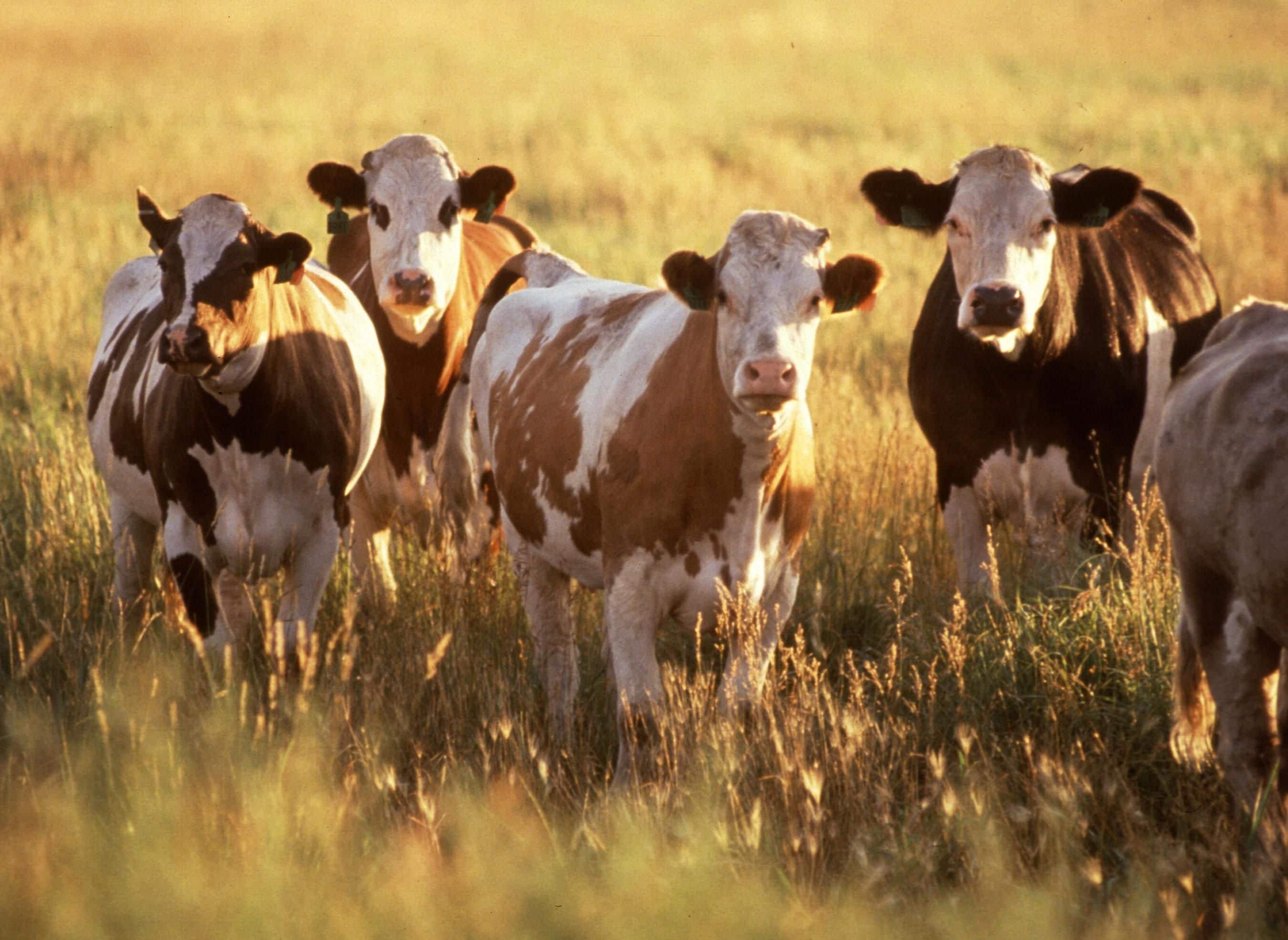Being addressed as a cow by my mum does not seem so bad now.
In what seemed to be an unexpected turn of events, scientists have found a potentially cutting edge solution to HIV.
Scientists at Scripps Research Institute supported by the National Institutes of Health (NIH) have discovered that cows have an “insane” and “mind-blowing” ability to tackle HIV which will help develop a vaccine.
Coincidentally, the word vaccine comes from the Latin word for cow — a namesake that traces back to the late 1700s.
Thanks to a quirk of how cows make antibodies, they are now helping researchers understand human immunity. In the near future, cows could serve as testing grounds for whether vaccines are well-designed. And it’s possible that cow antibodies could treat everything from autoimmunity to infectious disease.
One of the biggest questions facing researchers developing a vaccine against HIV is why people who are infected do not efficiently make antibodies against the virus.
Studies estimate that only about 20% of people who are infected with HIV produce what are called broadly neutralizing antibodies (bNAbs): naturally occurring antibodies that can defend a cell against the virus.
These antibodies have long loops—a feature that may allow them to attack
hard-to-reach areas on the surface of viruses, thereby preventing infection. They are broadly neutralizing antibodies, notable because they’re big and kind of unruly as far as proteins go. Considering these features, scientists realized that Bnabs bore resemblance to a type of antibody found in cows.Cows don’t get HIV, so in order to test their hypothesis, researchers injected them with a protein that’s very similar to the virus’s envelope, and found that their bodies produced this very loopy antibody to block it.
The proteins were then extracted, and tested against multiple strains of HIV as it attempted to infect cells in a petri dish.
“It was an alignment of the stars, where we had veterinarians, cow antibody scientists, and HIV scientists all talking and came up with this … relatively simple question to test,” said Devin Sok, the study’s first author and director for antibody discovery and development at the International AIDS Vaccine Initiative.
What they found after conducting this experiment over the course of a year, surprised them- within two months, all the cows made antibodies that blocked a variety of viral strains, that too much faster than in people. Furthermore, low doses of antibody were found to be enough to block the virus.
Compared to HIV-infected humans in whom only 10 to 20 percent develop bNAbs and only after two years of infection, this feat by the calves is truly groundbreaking.
“We definitely didn’t expect to get the [antibody] response that we did. We didn’t expect the extent of the response or how quick the response developed,” said Sok. “That was kind of mind-blowing.”
Upon isolating the antibodies developed by the immunized calves, researchers found that they have a particularly potent antibody, which binds to a site that the HIV virus uses to infect cells.
This incredibly quick and effective immune response of the young bovines is a promising discovery in the quest to hopefully develop a potent HIV vaccine.
Cows are becoming an increasingly popular research ally, and not just in HIV. Last year, scientists at the University of Parma in Italy described progress developing a treatment for multiple myeloma that combines a cow virus with human stem cells from bone marrow.
































